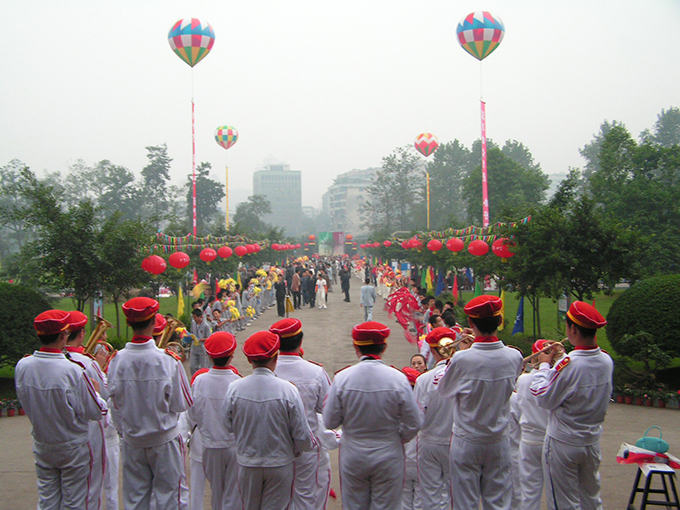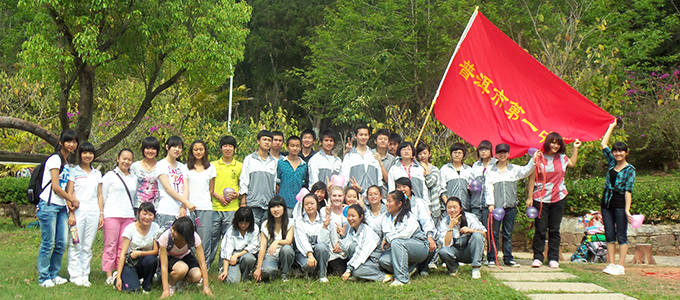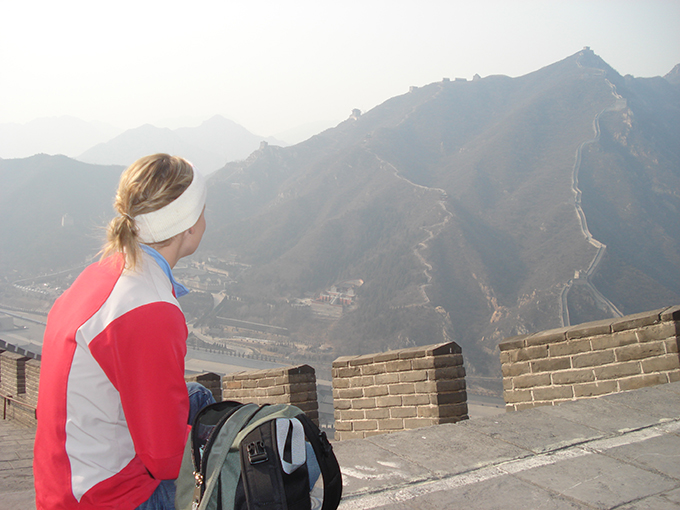Quick facts
- Despite its size, all of China is in one time zone.
- One in every five people in the world is Chinese
- By the fourth century B.C., the Chinese were drilling for natural gas and using it as a heat source, preceding Western natural gas drilling by about 2,300 years
- China is often considered the longest continuous civilization, with some historians marking 6000 B.C. as the dawn of Chinese civilization. It also has the world’s longest continuously used written language
- China is the fourth largest country in the world (after Russia, Canada, and the U.S.). It has an area of 3,719,275 square miles (slightly smaller than the U.S.) and its borders with other countries total more than 117,445 miles. Approximately 5,000 islands lie off the Chinese coast
- The Chinese invented paper, the compass, gunpowder, and printing.
Since its birth 5000 years ago, China has cultivated a phenomenal reputation for itself. The fact that China has the world’s biggest population (a staggering 1.34 billion people) seems to be the fact people remember the most, but its status as one of the world’s largest economic and industrial powers means that there’s a growing interest in the Chinese language and culture worldwide.
Only the USA can rival China in its economic glory, and indeed, many areas of China have become extremely prosperous as a result of their rapidly evolving industries. The internet, in particular, has been welcomed with open arms and there are over 210 million internet users in China. However, admittedly, Facebook, Twitter and Youtube are censored, and bloggers are constantly being removed from cyberspace if their words go against governmental protocol.
This governmental approach can also viewed in rural parts of China. As the economic growth rate increases by roughly 10% each year, standard of living in the inner cities is increasingly consistently, often at the expense of the poorer areas. However, do not let this deter you from volunteering in this wonderful country. Like many of Lattitude’s placement countries, China offers a phenomenal level of diversity, from the subarctic conditions of the north to the subtropical climate of the south. One day you could find yourself walking along the Great Wall of China, the next seeing Shaolin monks, or perhaps even viewing the Terracotta Army in Xi’an, or wandering around the Forbidden City in Beijing.
Why you should go:
Being an English teacher will allow you to immerse yourself in Chinese culture and take part in a knowledge – and language – exchange. In return for your teaching of English language and culture, there will be abundant opportunities for you to enrich your knowledge of Mandarin, which is fast becoming a crucial language for networking – a fact that a huge number of employers will find extremely impressive on your CV! Teaching within a Chinese community will also allow you to jump right into the authentic Chinese experience and really understand the lives of the people who live there.
The potential for travel is incredible, too. Due to the sheer vastness of the country, it’s unlikely you’ll be able to explore all of it in just a few months, but local airports mean that weekend trips to more far away locations are possible. Each province differs greatly so it’s a fantastic chance to learn as much as you can about one of the world’s most interesting countries.
Chinese might currently be one of the world’s most in-demand languages, but the Chinese consider English to be highly valuable. This means that your teaching will be phenomenally appreciated and you’ll be welcomed warmly by a community who want to learn more about your way of life. You’re considered a teacher and not a volunteer, and any wisdom you impart will be met with incredible enthusiasm and gratefulness. This makes China a great place to improve your teaching technique whilst enhancing your transferable leadership and communication skills.
Ultimately your time in China will be extremely valued by those you are teaching, but you may well feel that you gain just as much from your experience.
Find out more about volunteering in China





